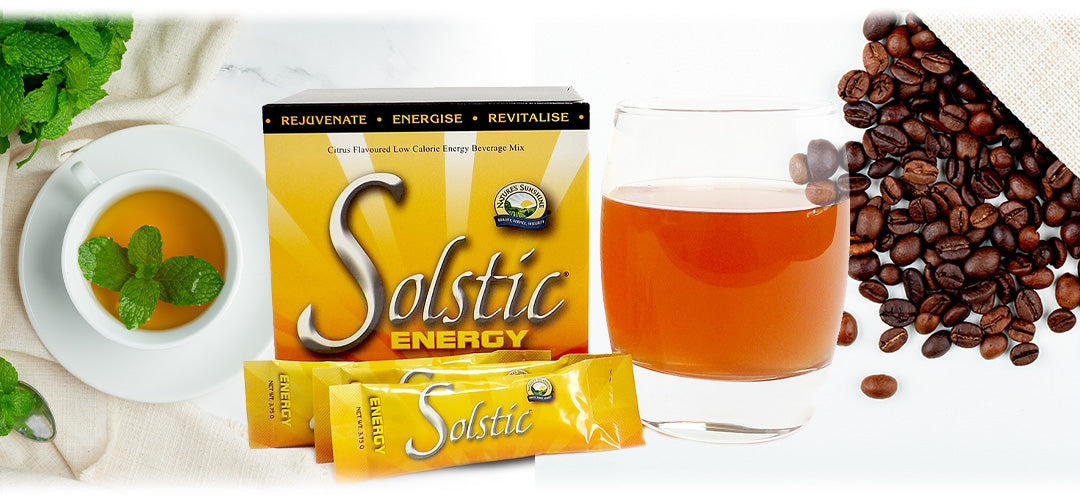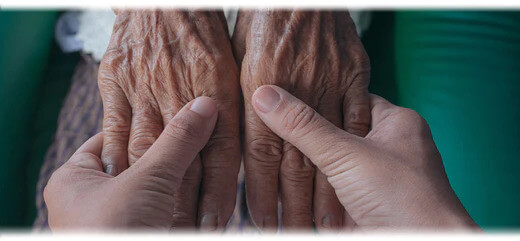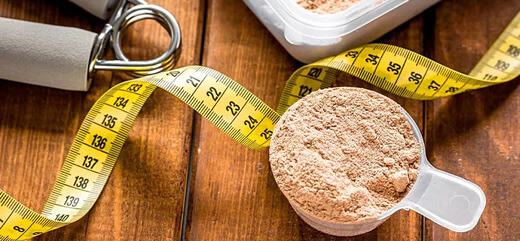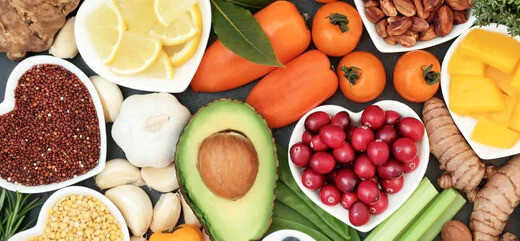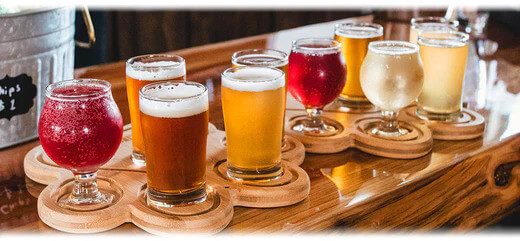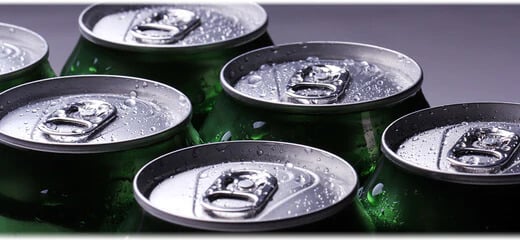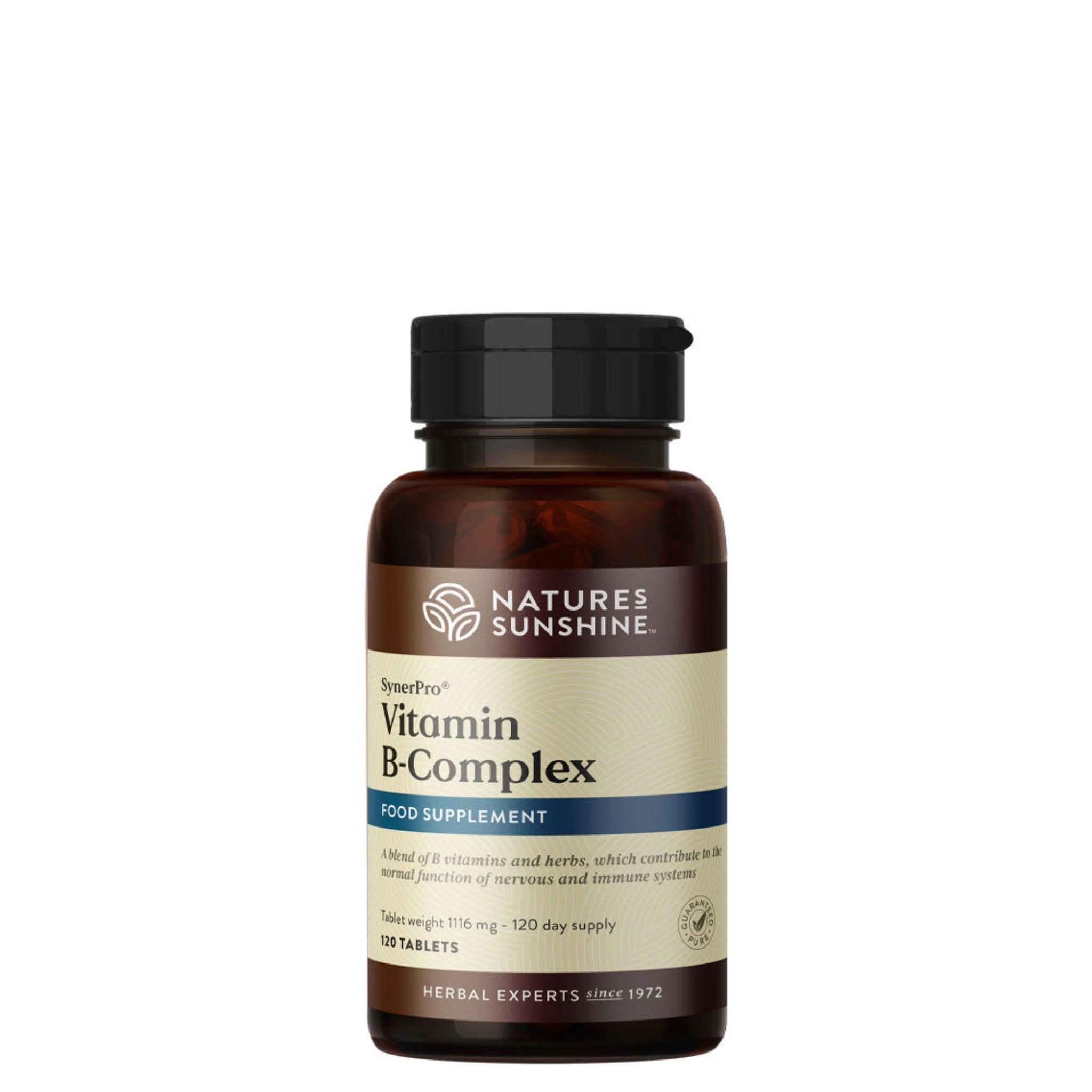
Energy drinks are consumed by millions of people every day to help stave off tiredness or provide a mental boost.
They are typically loaded with sugar, caffeine, taurine and other artificial ingredients.
While they may provide a temporary spike in energy levels, this is often short-lived and is followed by a slump or crash when the effects wear off.
Energy drinks come in many varieties, each with its own unique set of flavours and ingredients. Some have more sugar than others, while some have more caffeine. The health impacts vary from person to person, depending on how much is being consumed.
When enjoyed in moderation, the occasional energy drink every now and then shouldn’t cause too many health issues. However, most people would agree that over-consumption is unhealthy and should be avoided.
Some energy drinks can be highly problematic for health if consumed excessively and offer little energy boost in return. In recent years, energy drinks have been climbing up the sales charts, with some of the best-known brands on the market racking up worldwide sales worth billions of pounds. However, many people believe that energy drink consumption has a negative impact on our mental and physical health, including a significantly increased risk of heart failure. Some people have turned to natural alternatives to energy drinks to attain a similar boost without the side effects associated with their high sugar content and high caffeine content.
Here, we take a closer look at what energy drinks are, along with some more healthy alternatives to give you a natural energy boost without any of the nasty side effects.
WHAT'S IN ENERGY DRINKS?
Energy drinks are marketed to boost energy, but the actual ingredients are far from natural. They are usually crammed with sugar and caffeine, and side effects can include headaches, jitters, increased anxiety, insomnia, raised blood pressure and stomach cramps.
While the exact amount varies between products, nearly all energy drinks contain caffeine, which increases alertness and concentration and temporarily stimulates brain function. The average energy drink contains about 200mg of caffeine, but some of the more high-strength ones can contain up to 500mg, far exceeding the recommended daily allowance.
Some energy drink brands also include as much as 21 spoonfuls of sugar too. Although sugar – or artificial sweeteners in low-calorie versions – is the main ingredient alongside caffeine in most energy drinks, some contain added B vitamins, amino acid derivatives like taurine and L-carnitine, and botanical extracts like guarana and ginseng.
While energy drinks do deliver on some of the benefits they promise, such as enhancing brain function or giving you a boost when you’re feeling tired, the effects are only temporary and wear off quickly.
It’s also important to note that they do little to address the symptoms of fatigue, so if you’re feeling tired or drained, they won’t make you feel any less tired, but your brain will be more alert until the effects wear off. This can cause problems sleeping, making you feel even more tired in the long run. There are also several significant health concerns around mixing energy drinks with alcohol, as this increases sugar intake and can exacerbate some of the longer-term issues of drinking too much, including liver, kidney and brain damage.
If you like to drink energy drinks, limiting your intake to one can a day and avoiding other caffeinated drinks will help you stave off some of the more harmful effects of drinking too much caffeine. And pregnant or breastfeeding women, children and teenagers should avoid drinking energy drinks altogether.
NATURAL WAYS TO BOOST YOUR ENERGY
If you’re feeling sluggish and in need of an energy boost, there are several natural things you can try instead of reaching for an energy drink. These include:
Solstic Energy
Healthy energy drinks are often hard to come by, but Solstic Energy’s blend of natural, energy releasing ingredients can help to provide added stamina and boost mental alertness without added risk.
Its unique formula includes Yerba Maté and Guarana Seed – a natural source of caffeine that releases more slowly than processed caffeine – and Green Tea extracts.
Meanwhile, the B vitamins in Solstic Energy provide an array of health benefits that reduce tiredness and fatigue, normal energy-yielding metabolism, and normal function of the immune system, providing energy, endurance, and stamina.
Solstic Energy has a great natural citrus flavour. It has been carefully formulated to support the body’s energy-producing systems to provide a sustained release of energy whenever and wherever you need it.
Each serving has only 15 calories, 3g of Carbohydrates, and is free from fat, dairy, gluten, and yeast.
Green tea
Green tea has long been heralded for its health benefits. It originated centuries ago in China and is now grown all over the world. It’s become one of the most popular beverages on the planet.
It is made from the unoxidised leaves of the Camellia Sinensis bush and is one of the least processed types of tea. It also contains the most beneficial polyphenols and antioxidants.
As well as having a cleaning effect on the body, green tea can help improve skin health, promote better weight management and reduce the risk of heart disease.
Yerba Mate
Originating in South America, Yerba Mate contains many beneficial natural ingredients, including caffeine, antioxidants and minerals, making it perfect for a natural energy boost. Loose-leaf Yerba Mate can be brewed and enjoyed hot or cold.
Ginger tea
Most teas contain many antioxidants and other health-enhancing ingredients, but ginger root tea can help you stay calm, boost your immune system, relieve muscle pain and relax. While it doesn’t contain caffeine, so it won’t give you an immediate boost like an energy drink will, it supports several essential body functions, so it can help you maintain your energy levels over the long term.
Fresh fruit juice
While too much sugar is generally considered harmful, the type of sugar you consume matters and can heave a massive impact on your health, wellbeing and energy levels.
While you should limit your intake of processed sugar – found in biscuits, sweets and chocolate -- or the refined white sugar you put in tea or coffee, getting more natural sugar into your diet is essential.
The sugars found in fresh fruit juices release energy quicker and for longer, while fresh juice also includes lots of healthy natural vitamins in minerals to supplement your diet and support your overall wellbeing. Berries, dark leafy greens, citrus fruits, kiwis and bananas all make great bases for freshly-squeezed juice drinks or smoothies.
Coffee
While too much coffee – especially if it’s high in caffeine – can be harmful, it does have its benefits in moderation.
Like green tea, coffee is full of natural antioxidants and polyphenols, which can help prevent – and even reverse – the oxidative stress to your cells caused by harmful free radicals.
Just don’t drink too much coffee every day – four cups is plenty – and try not to drink it close to bedtime, as the caffeine may keep you awake.
Check out these links to our product and collection page to find out more:


